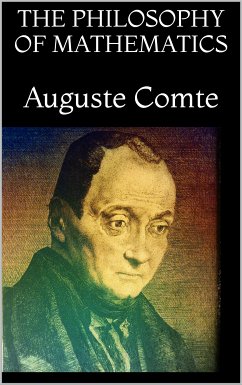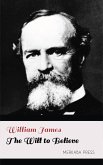In truth, it was not till the commencement of the last century that the different fundamental conceptions which constitute this great science were each of them sufficiently developed to permit the true spirit of the whole to manifest itself with clearness. Since that epoch the attention of geometers has been too exclusively absorbed by the special perfecting of the different branches, and by the application which they have made of them to the most important laws of the universe, to allow them to give due attention to the general system of the science.
Dieser Download kann aus rechtlichen Gründen nur mit Rechnungsadresse in A, B, BG, CY, HR, DK, EW, FIN, F, D, GR, IRL, I, LR, LT, L, M, NL, PL, P, CZ, R, SK, SLO, S, H ausgeliefert werden.









